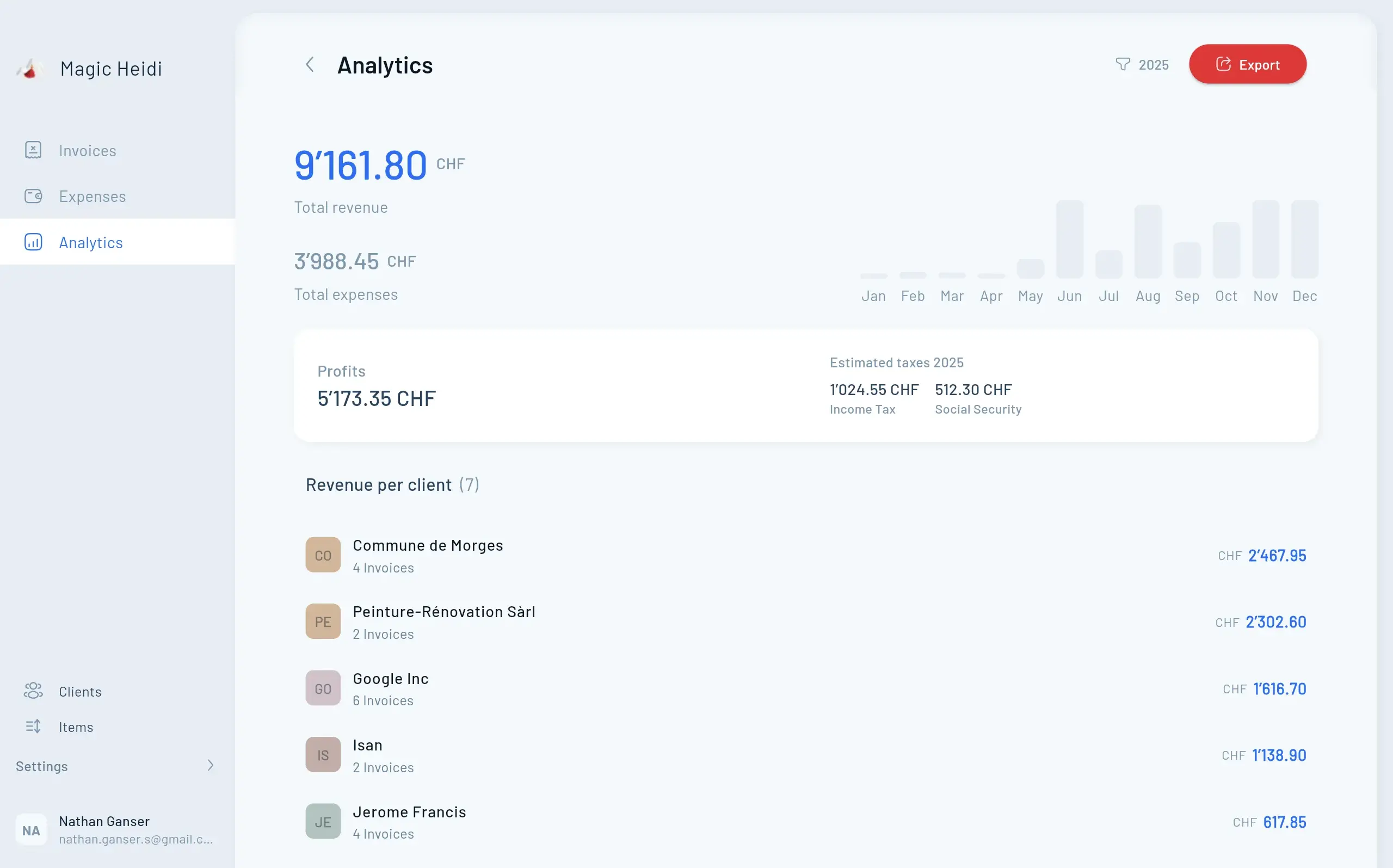What You Need to Establish a SARL
Creating a SARL involves several mandatory steps and costs.
- Capital requirement: CHF 20,000 minimum, fully paid into blocked account
- Notary authentication: Articles of association must be notarized
- Commercial register: Company registration (approximately CHF 600)
- Formation package: Legal and administrative setup (CHF 500-1,500)
- Total startup cost: CHF 22,500-25,000 including locked capital
- Timeline: Typically 5-10 business days from notarization to registration




